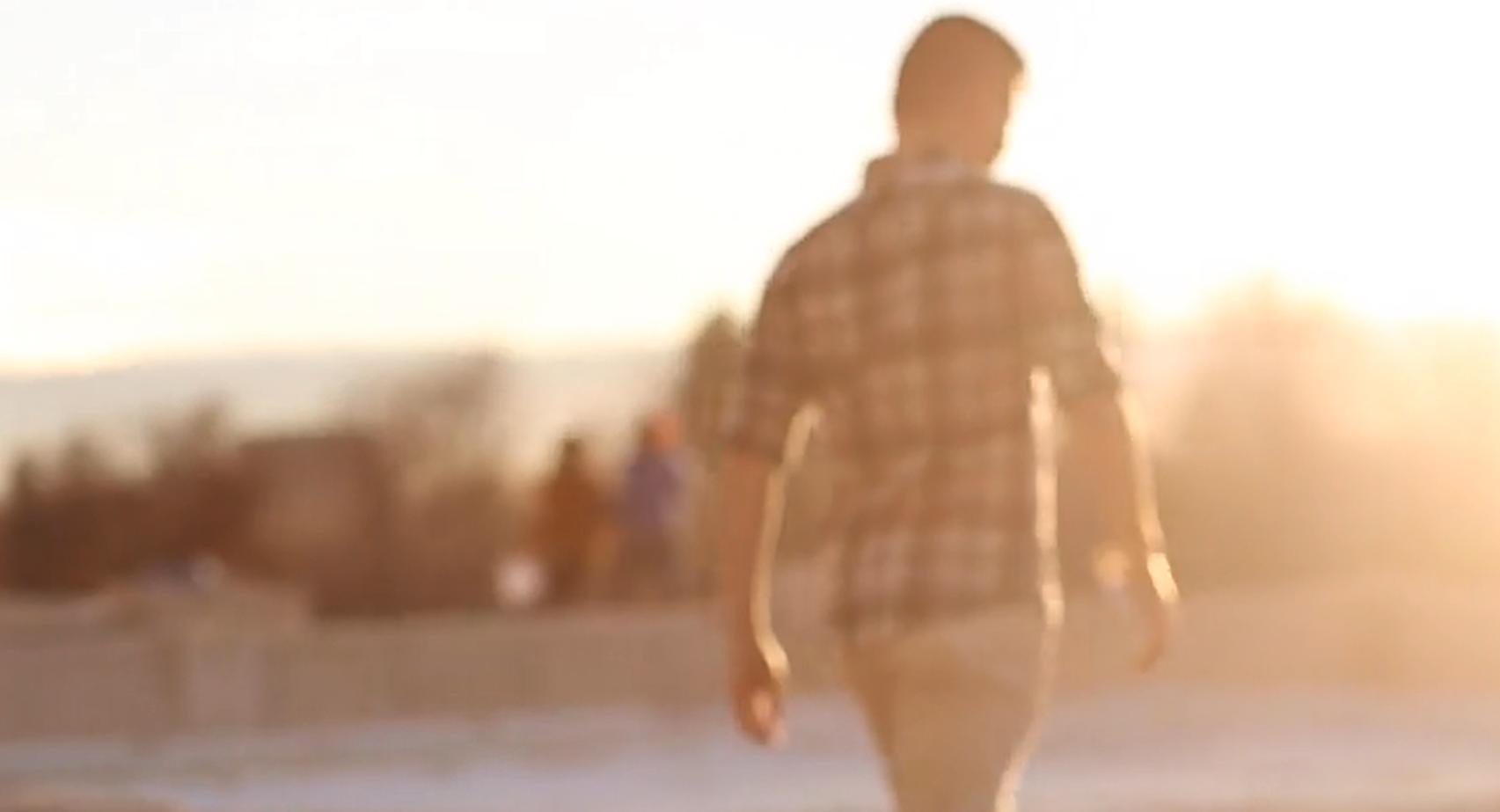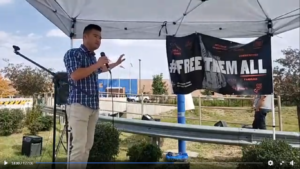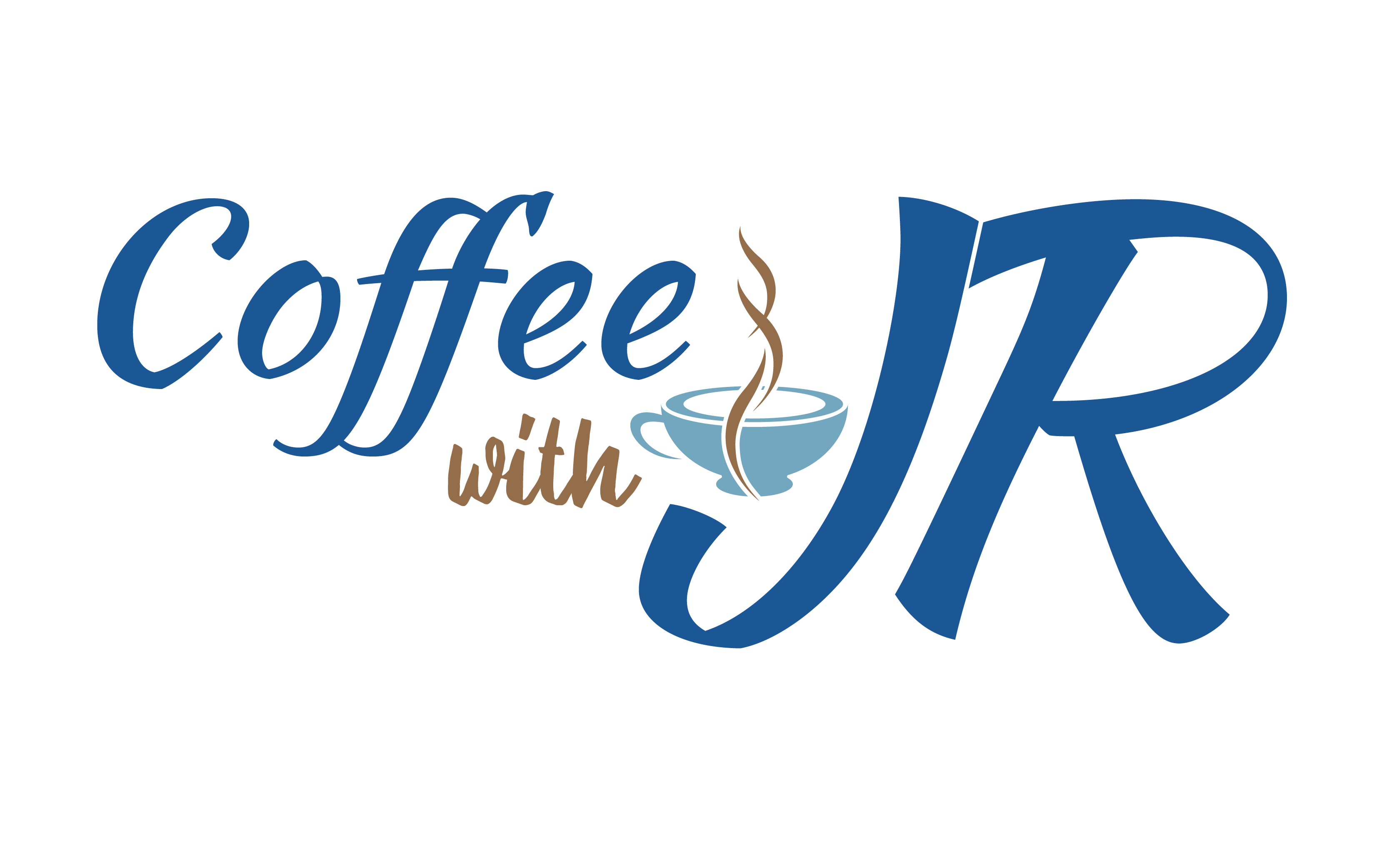
I am excited to announce that after six months of delay, Coffee Talking Out of Mental Coffins, a short documentary film about mental health and an immigration journey, is finally out. Coffee Talking Out of Mental Coffins premiered online at the 2020 Los Angeles Asian Pacific Film Festival from Sept. 24th to Oct 31st, 2020.
The 5-minute documentary recounts the moment I received my green card after 27 years of struggling with the immigration system in the United States and how the immigration system impacted my mental health and my family.
This film was made possible by NamQuyen (Q) Le‘s amazing and tireless work in directing and editing. A special thank you to my very good friend, Rachel Raynes Audette at The Turquoise Camera for cinematography, and to Bryan Vo for the soundtrack and sound mixing.
It still feels unreal and surreal that there is a short film about me. My Taiwanese/Chinese heritage and upbringing are telling me not to “show off” and overshare anything personally, especially about mental health. And part of this feeling is derived from the decades of shame and embarrassment from being an immigrant.
Even at this moment, I am unsure what to do with the film. The business-side of me wants to blast the film out to every single living soul that I know of and post it on every social media platform that ever existed. The professional speaker-side of me feels kind of shy to show this off during my speeches and training. The mental health-side and immigrant-past of me want to keep it hushed up and lock this film in a safe box and leave it there forever.
In the end, I decided and told myself, “Screw it! I am going to push myself out of my comfort zone and do the exact opposite of what I am feeling.” I am not going to keep it hushed up and lock away the film. At the same time, I am not going to blast it out into the ether. Instead, I am going to share it with my monthly newsletter and blog readers. I am going to only incorporate it into selected speeches and trainings that I deem appropriate for the audience and my clients. Last, if any of my friends are interested in watching the film and learning more about it, instead of shying away or switching the subject, I am going to share it with them in an authentic and open way.
View Coffee Talking Out of Mental Coffins here…
Behind the Scenes
The film was shot during the first weekend of 2020. Q flew out here to Denver, CO. We recorded half of the material in my apartment and the rest of it in the Santa Fe Art District, in a local restaurant, in Cheeseman Park (my favorite park in Denver), and in Dr. DJ Ida’s house (the Executive Director of NAAPIMHA). It was fun showing Q around Denver. We ended the first day of shooting by celebrating at my favorite restaurant, Angelo’s.
We filmed about 12 hours of footage. Kudos to Q; she was able to cut and edit those 12 hours of material down to 5 minutes. And the good news is nothing was lost. Since the premiere of Coffee Talking Out of Mental Coffins, the film has received great reviews and feedback. Q and I are definitely planning to expand Coffee Talking Out of Mental Coffins into a longer documentary series, and we are definitely going to utilize a lot of the unused material from the 12 hours of footage.
View Coffee Talking Out of Mental Coffins here…
Insights about Immigration
As an immigrant, issues around immigration are always in my periphery. As I am writing this blog, here’s what I am pondering and thinking about.
Thanksgiving is coming up. We all know the story of the Mayflower in 1620 and how the Native Americans taught and helped the pilgrims survive during the harsh winters. I just find it ironic that we still refer to the Mayflower people as migrants or pilgrims. In reality and today’s terms, they should be immigrants, and technically, undocumented immigrants from England.
Recently, I learned that there are an estimated 10 million living Americans who are the descendants of the Mayflower[i] and the Mayflower Society as an organization that is “committed to research on the lineal descendants of the Mayflower Pilgrims.” [ii]
While I was reading over the Mayflower Society’s website, I was shocked that they didn’t mention anything about how the Native Americans and Wampanoag assisted their ancestors from starvation.[iii] Instead, it simply stated, “they (Pilgrims/immigrants) arrived as winter was settling in and endured significant hardships as they struggled to establish a successful colony at Plymouth. In time, their colony flourished and leads the way to establishing religious freedom and creating the foundations of democracy.”[iv]
I would assume that the Mayflower Society would be an advocate for Native Americans and maybe even immigration. Instead, it’s almost like they intentionally skipped over this and left out the Native American part and gave the Pilgrims all the credit for forming the United States. This type of rhetoric is very familiar to me.
Based on my experience and observation, there are a decent amount of immigrants/refugees that are against humane immigration practices. These immigrants/refugees benefited from different immigrant/refugee policies and laws and were able to come to the US and thrive. It seems like, once they received their citizenship/green card and established themselves, they have forgotten the hardship and struggles. Instead of supporting other immigrants/refugees, they embrace stricter rules for accepting and resettling refugees and support demolishing common sense immigration reform.
The mentality is almost, “I have made it because I worked hard” and “if I could achieve it, why can’t the others do so?” and “they can’t succeed because they are lazy and there is something wrong with them.” I consider this type of mentality to be entitlement, a form of unchecked privilege. They often neglect all the support that they received and the system they’ve benefited from in order for them to flourish in the US.
It’s so easy for the entitlement mentality to creep in and to disremember the modest past struggles. It has been over three years since I received my green card. Even within this short period of time, I sometimes catch myself having an entitled mindset, telling myself that “it’s all me that has accomplished all of this.” It’s like what my friend used to say, “Once you have a $20 bottle of wine, it’s hard to go back to the $10 bottle of wine. And, once you have the $40 bottle of wine, you can’t go back to the $20 bottle.”
So, whenever I catch myself thinking like this, I have to reground myself and practice gratitude. It’s like what Brene Brown says, “What separates privilege from entitlement is gratitude.” In wielding gratitude and remembering all the support that I have received along the way, I am able to reconnect with my roots and humble myself. Only from humiliating my ego, am I able to develop empathy and compassion outwardly. Thus, I practice daily gratitude every morning without exemption. It’s the best and most powerful tool to help me stay true to myself and continue to advocate for normalizing mental health and immigrant rights.

Picture: Speaking at an Immigration Rally Outside GEO Detention Center in Aurora, CO on Sept 20, 2020
View Coffee Talking Out of Mental Coffins here…
[i] https://apnews.com/article/6d093e5a5beb416dbd30922a68a903bf#:~:text=There%20are%20an%20estimated%2010,records%20is%20eligible%20for%20membership.
[ii] https://www.themayflowersociety.org/our-society/about-us
[iii] https://theculturetrip.com/north-america/usa/articles/thanksgiving-is-an-american-celebration-of-immigration/
[iv] https://www.themayflowersociety.org/the-pilgrims/the-pilgrims

Recent Comments